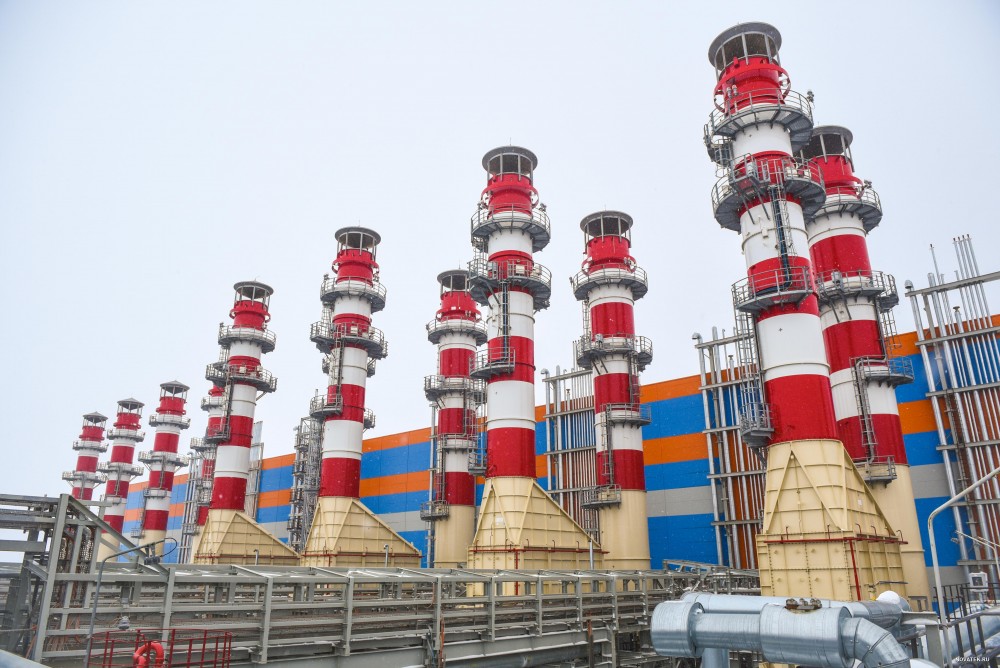Novatek could get a discount for pumping gas in Russia’s far north

This is a way of paying for the construction of the pipeline in Russia’s Murmansk region, sources say.
Russian Gazprom may pay Novatek for the construction of the Volkhov-Murmansk-Belokamenka gas pipeline with a discount on gas transportation across Russia, three sources familiar with the negotiations have confirmed to the Russian news website RBC.
Novatek will build the pipeline itself, said Novatek chief Leonid Mikhelson, but then, as Kommersant reported, it will transfer it to Gazprom in installments and pay a tariff for pumping gas through it. According to RBC sources, Gazprom, on behalf of the government, must in return give Novatek a discount for transporting gas through other gas pipelines.
According to RBC sources, the construction of the pipeline is planned for 2028.
“With a declared capacity of 41.2 billion cubic meters. m per year, the cost [of the gas pipeline] could reach about 450–500 billion rubles (450-500 million EU). in 2024 prices,” Alexey Belogoriev, director of research at the Institute of Energy and Finance told RBC.
The importance of the pipeline has increased since Russia’s invasion of Ukraine, as the war has cut Russia off from European energy markets. Russia now has a significant surplus of natural gas that needs to find a new use. Gazprom plans to use some of the energy in a series of petrochemical investments in Yamal. But there is room for more, and the construction of the LNG plant on the Kola Peninsula is seen as a suitable place to start.
The development of the Murmansk LNG (liquefied natural gas) pipeline will be a major triumph for Andrei Chibis, the governor of Murmansk, who in recent years has campaigned for the gasification of his far northern region.
The projected pipeline might not only facilitate the building of the Murmansk LNG, but also the gasification of key parts of the Kola Peninsula. Today, the far northern region is among the country’s regions with the least level of gasification, and regional heating systems depend on expensive and polluting fuel oil (mazut).
Located in Kirkenes, Norway, just a few kilometres from the borders to Russia and Finland, the Barents Observer is dedicated to cross-border journalism in Scandinavia, Russia and the wider Arctic.
As a non-profit stock company that is fully owned by its reporters, its editorial decisions are free of regional, national or private-sector influence. It has been a partner to ABJ and its predecessors since 2016.